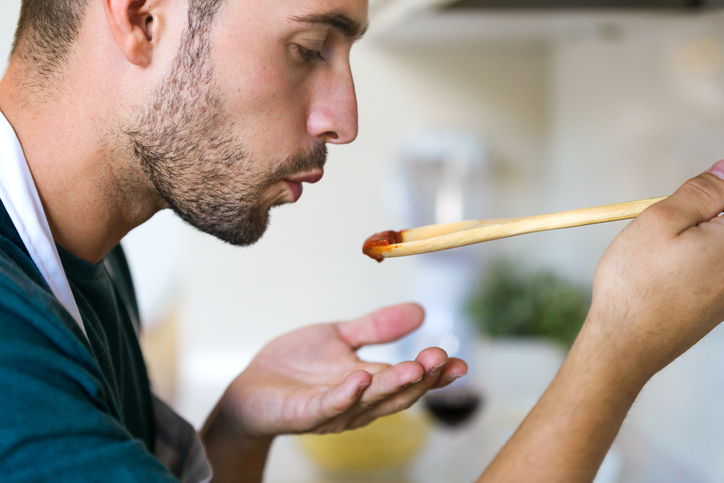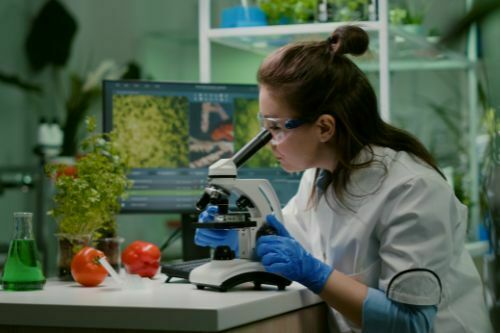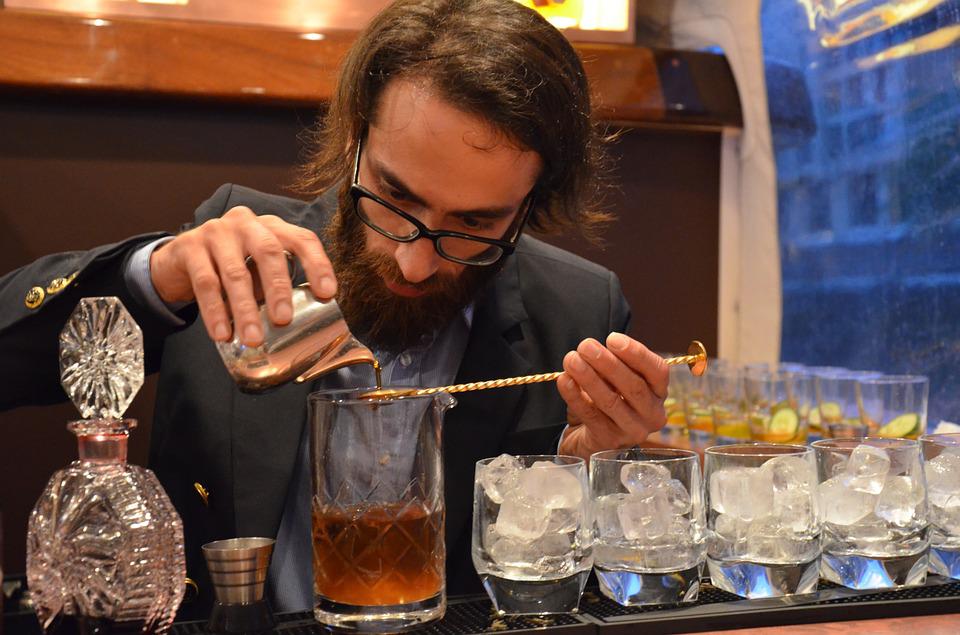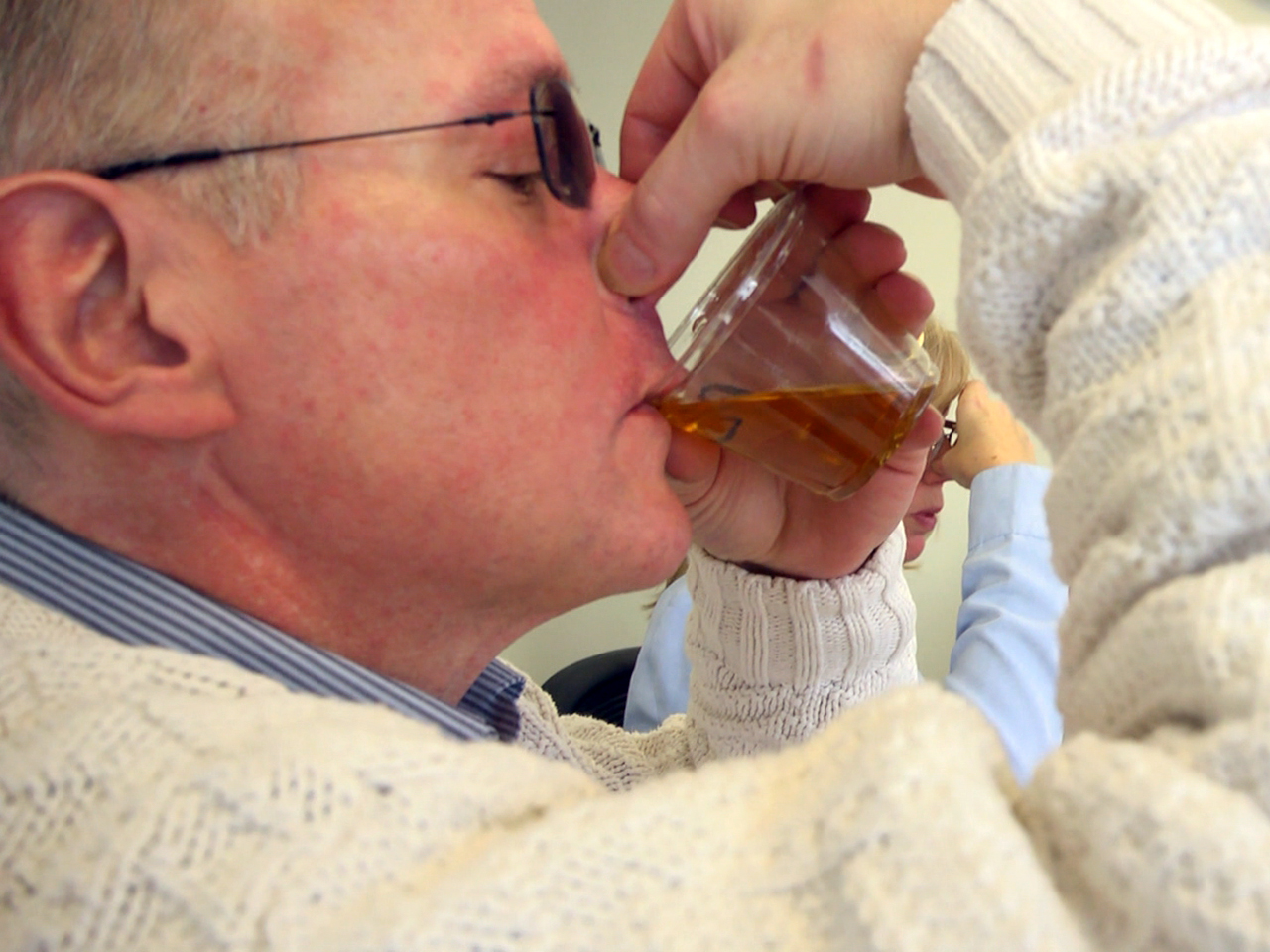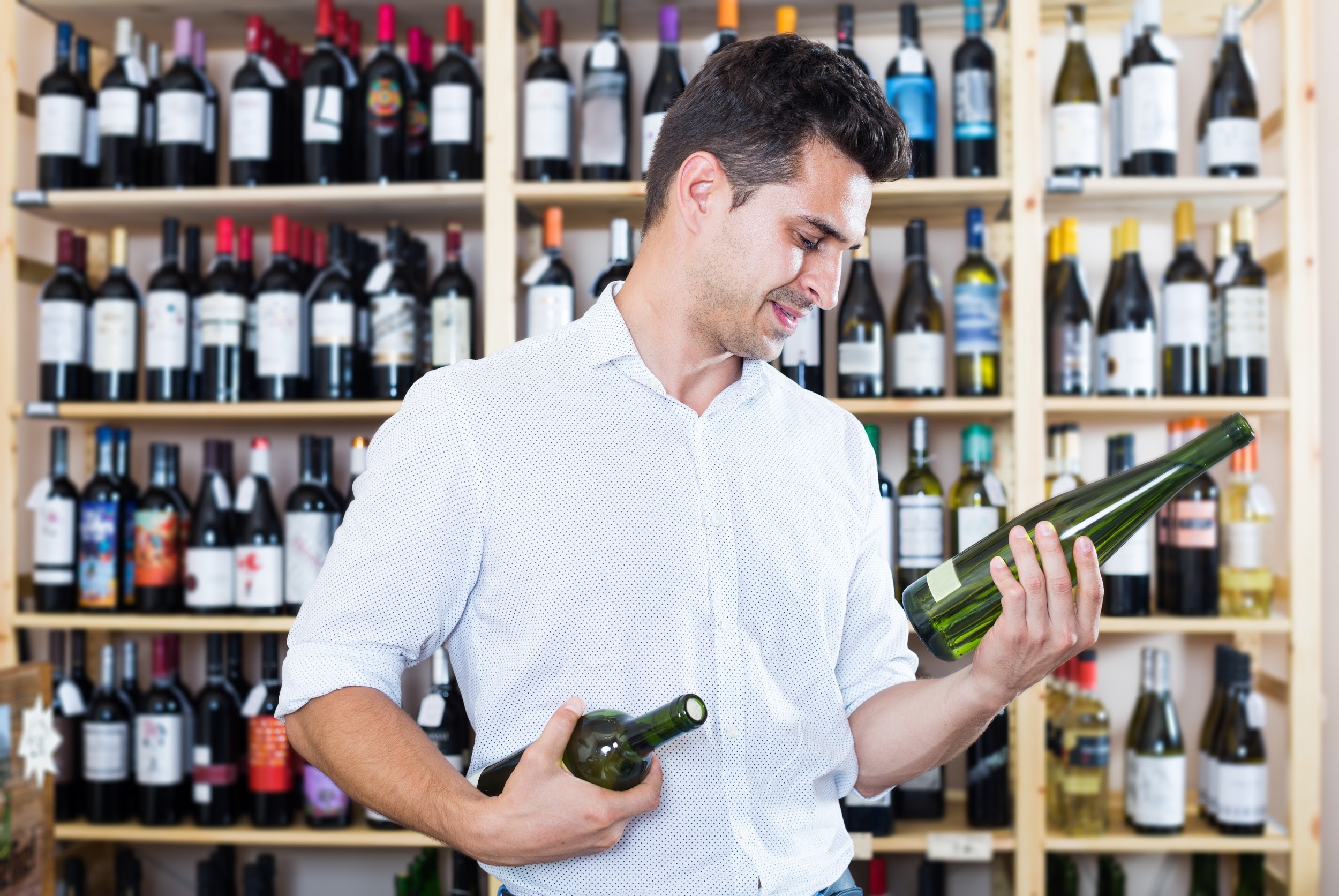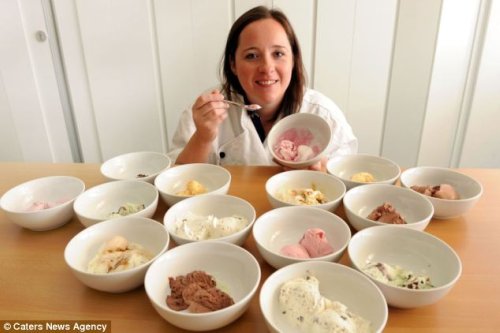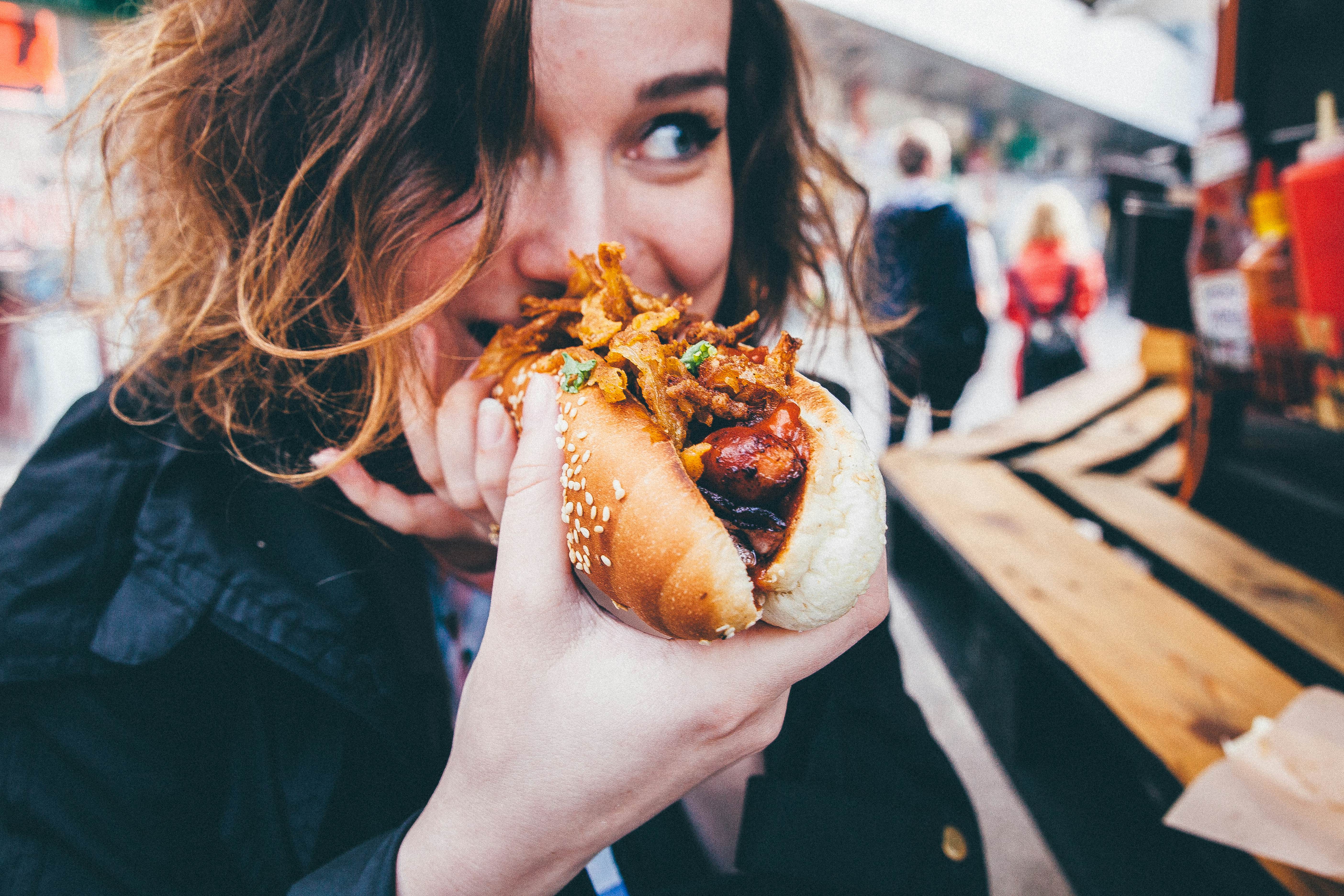Supreme Info About How To Become A Professional Taster
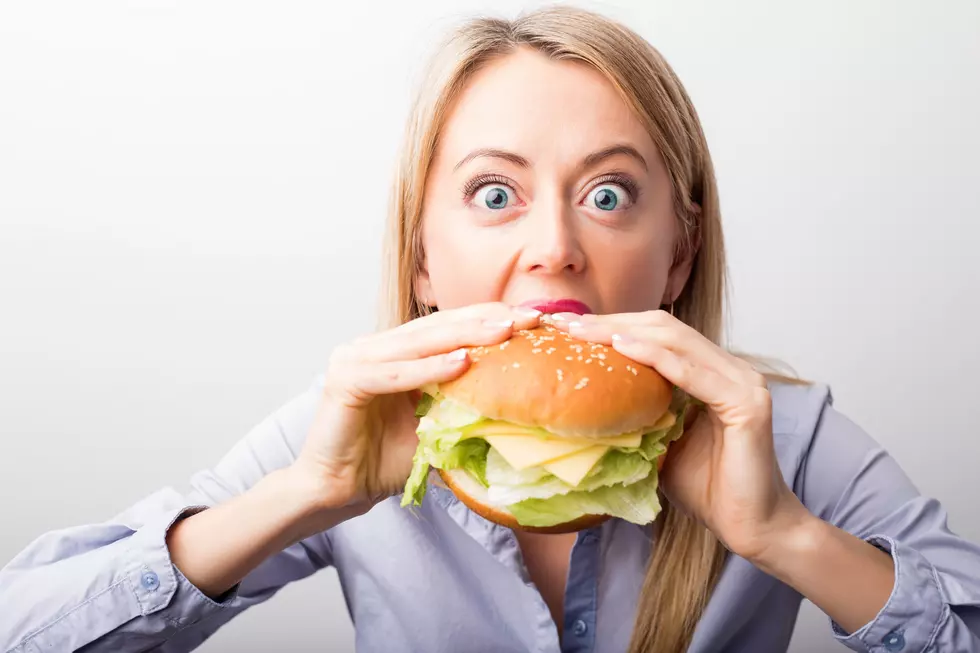
The five basic tastes are sweet, sour, salty, bitter and umami.
How to become a professional taster. This can help you enhance and develop the relevant skills. Have a superior sense of taste. 1.2 eligibility to become a wine taster;
2.1 pay attention to context. 2 how to become a wine taster professional. General good health (healthy teeth/gums and no allergies or intolerances).
Some of the ways you can improve your palate are: If you're interested in becoming a professional food taster, you'll most likely need a degree in food science or the culinary arts. Some beverages, such as coffee, can clog your taste buds.
If you are interested in becoming a coffee taster, you may want to opt for an independent. If you want to increase your chances of becoming a taste tester, you might consider joining a culinary school. Study food production and learn how to describe different flavors and textures.
Simply put, you can’t become a taster without a strong sense of taste—with the ability to focus on complex layers of flavors and differentiate. Start with the basic tastes. Making others understand your points through detailed factors of a particular whiskey is what draws attention to a professional taster.
Ultimately, to become a chocolate taster, you just needed a good taste in chocolate and these qualities: This is a great way to learn about the different roasts and regions. A nutrition degree can also be helpful, as well as a.
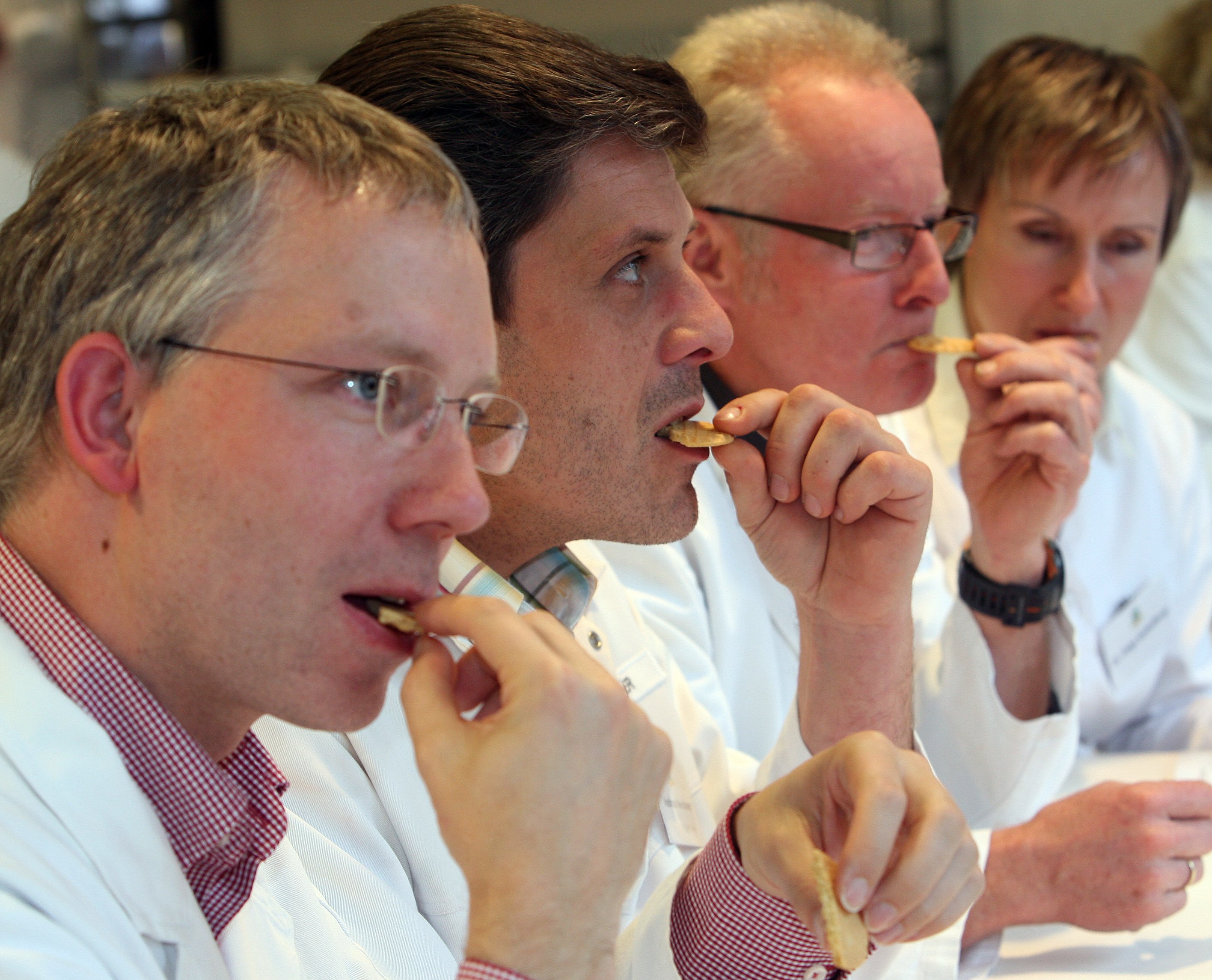
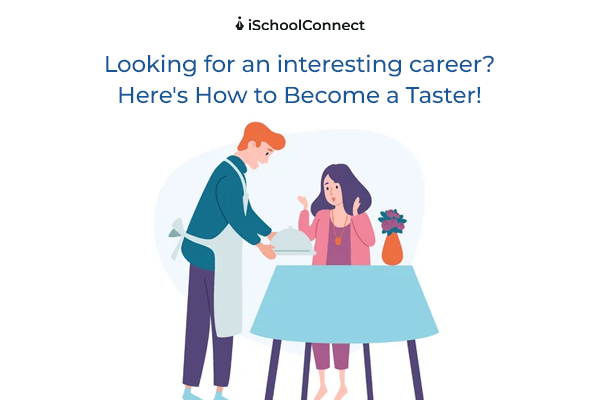
/taste-blog1117-08566d834d4b48a4b8070d93d2f97481.jpg)
